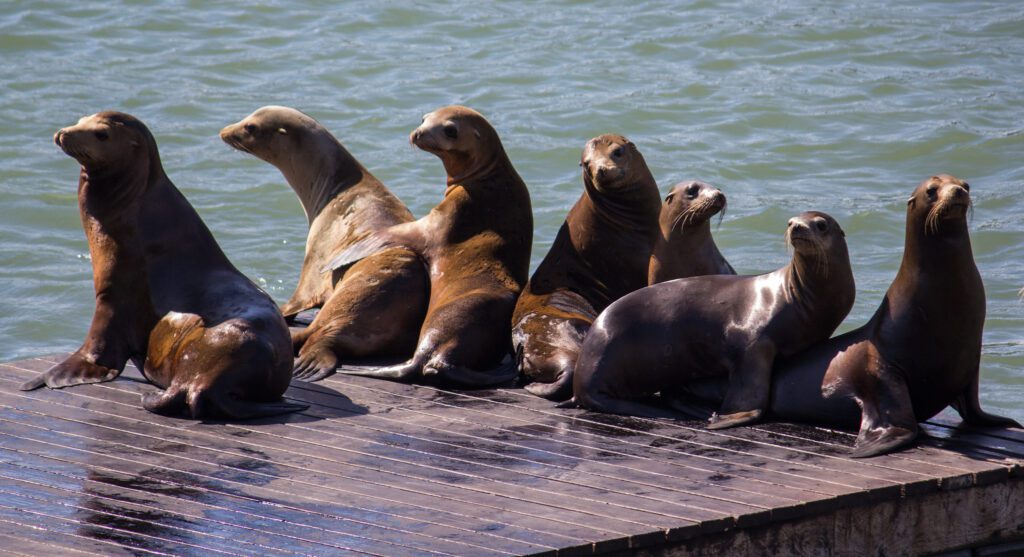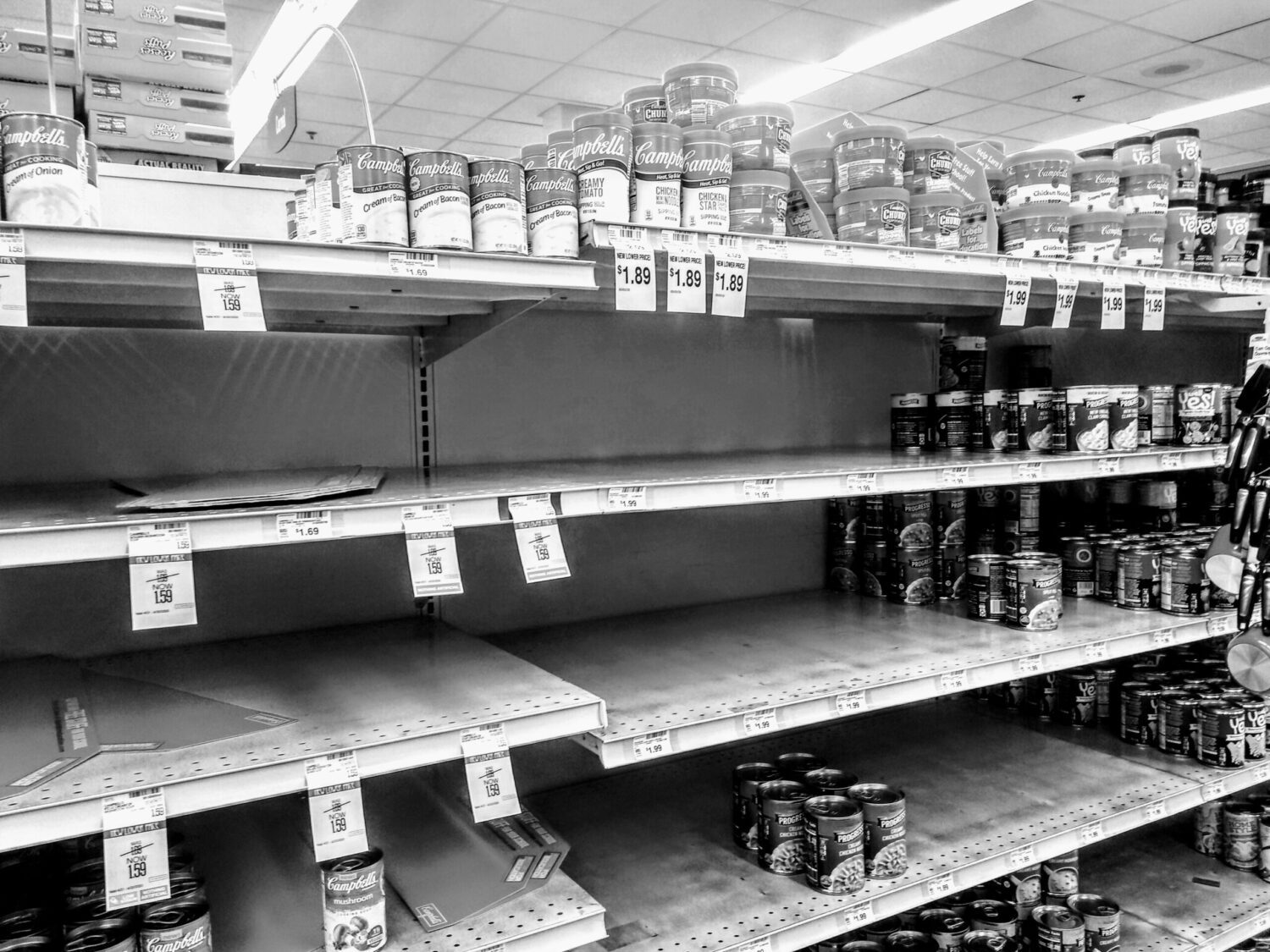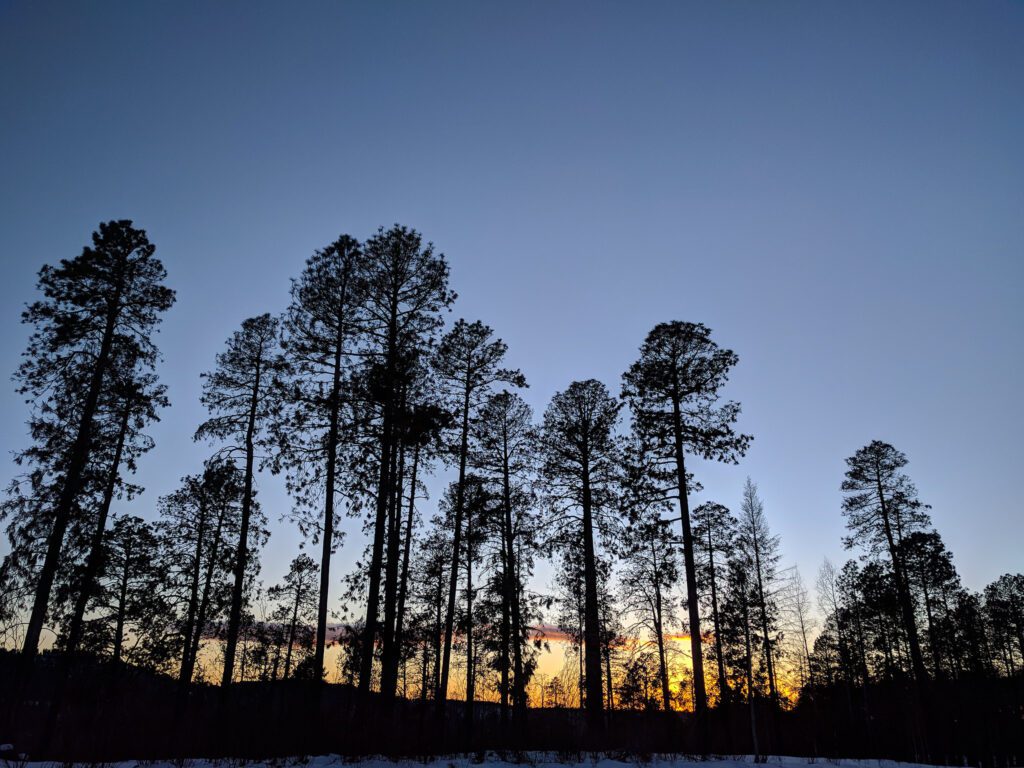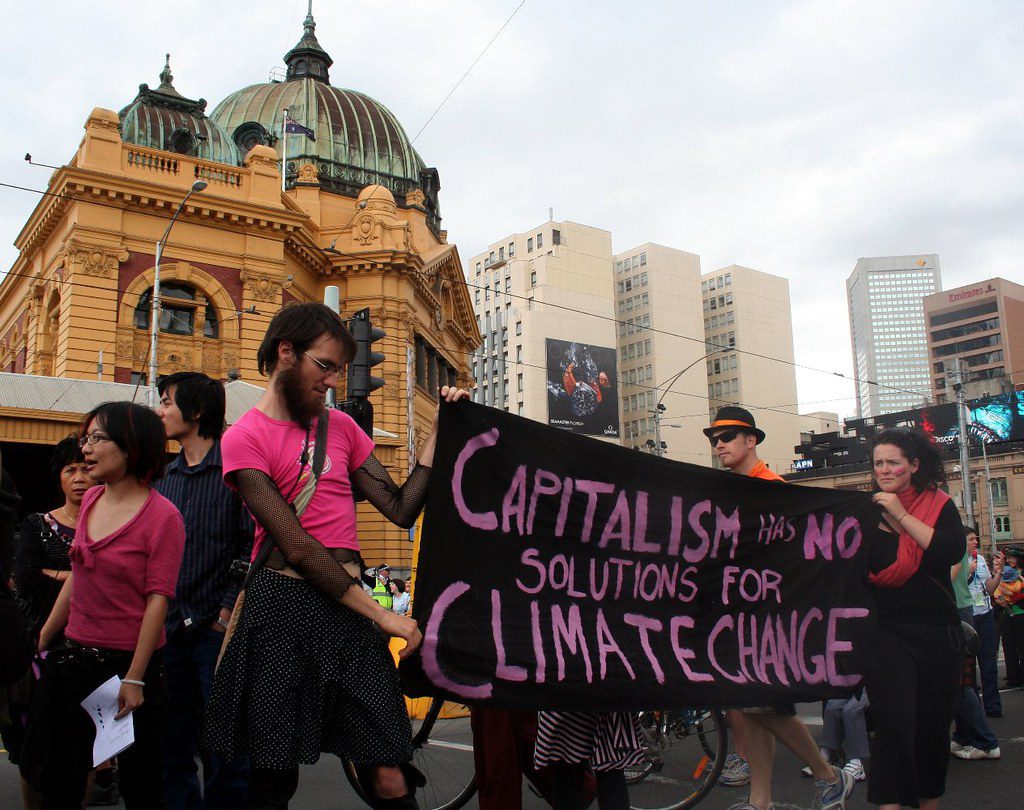


Richmond, California, has long been a battleground for environmental justice.
By Reynard Loki, Independent Media Institute
8 min read
A public health warning was prompted when approximately 600 gallons of petroleum mixed with water leaked from a Chevron tanker terminal into California’s San Francisco Bay and San Pablo Bay on February 9. The source of the leak is believed to be Richmond Long Wharf, a major tanker terminal and port facility located in Richmond, California. The terminal receives petroleum imports bound for the Chevron Richmond Refinery at San Francisco Bay, which processes about 240,000 barrels of crude oil every day.
Responding to the incident, Contra Costa County Supervisor John Gioia said that Assemblymember Buffy Wicks of California’s 15th district “plans to introduce a bill to increase fines and penalties in order to provide more effective deterrence.” Noting that the toxic mix was being dumped at the rate of five gallons per minute, Gioia said that the spill was “unacceptable,” warning that it “will harm wildlife and marine life.”
Home to whales, dolphins, seals and sharks, the waters of San Francisco Bay make up a critical ecosystem that “supports nearly 500 species of fish, birds, mammals, amphibians, and invertebrates,” according to the San Francisco Department of the Environment. “It is an essential resting place, feeding area and wintering ground for millions of birds.” The agency notes that “[n]early two-thirds of the state’s salmon pass through the Bay during their migration.”
“[T]he impact on local wildlife will be felt for some time,” Laura Deehan, state director of the nonprofit Environment California, said in a statement. “The oil from the spill has already washed up onto Keller Beach and into the shoreline and saltwater lagoon of Miller-Knox Regional Shoreline. This area is home to vibrant birdlife, including the great blue heron and double-crested cormorant, which migrate up the Pacific Coast. … These will all be immediately threatened by this spill.”
In a statement released on Twitter, Chevron, one of the world’s largest oil companies, said it was “fully cooperating with authorities, including the U.S. Coast Guard and OSPR [California’s Office of Spill Prevention and Response].” However, in a statement, Oakland-based environmental watchdog group San Francisco Baykeeper called out fossil fuel giant’s “pathetic response,” releasing photos to back up its claim that “lots of oil [has] already spread beyond the boom into the Bay and onto nearby shorelines and beaches.”
“The people of Richmond already carry a disproportionate environmental burden, and spills like this add life-threatening exposure to toxic pollutants,” the group said. “Now the beaches are closed, the water is contaminated, and the whole area smells like a gas station. And then there’s the possibility of long-term, unknown damage to the Bay itself, and to all the wildlife that depend on it. Events like Chevron’s pipeline rupture underscore how critical it is that we make a just transition away from toxic dirty fuels like oil and coal, and move as quickly as possible towards clean energy like wind and solar.”
In California, that transition is well underway. According to a recent report, local demand for renewable energy is boosting the Golden State’s green portfolio, helping it surpass its clean energy goals. Conducted by the Luskin Center for Innovation at the University of California, Los Angeles, the report, which was released in October 2020, notes that more than 10 million customers—representing nearly a third of the state’s households and businesses—now have the option to choose a community choice aggregators as their electricity provider, up from less than 1 percent in 2010. This option allows consumers to choose their sources of their power.
“Despite a lack of action at the federal level, the transition to carbon-free energy is becoming a reality across the United States. At the local level, community choice aggregators (CCAs)—which offer communities public control over their electricity purchasing decisions—are accelerating this transition,” the report states. “Through these electricity providers, member communities can choose how much renewable energy is offered to their residents and businesses.”
“Community choice in energy has largely fallen under the radar, but it is rapidly reshaping the energy sector in California,” said Kelly Trumbull, a researcher at the Luskin Center and lead author of the report.
The acceleration toward renewables that is happening in California is something that President Biden wants for the entire nation. His clean energy plan seeks a historic investment of $400 billion over 10 years to mobilize clean energy and innovation, which includes the creation of a “new research agency focused on accelerating climate technologies.” Gallup polling reveals that a growing number of Americans are behind Biden’s mission to transition away from fossil fuels like oil and coal, and toward renewable energy sources like wind and solar. In 2019, 70 percent of Americans said the United States should put more emphasis on wind energy, while 80 percent believed more emphasis should be put on solar energy.
Sadly, last month’s spill is just the latest episode of Chevron’s long history of environmental and public health hazards in Richmond. The oil giant has been operating in Richmond for nearly 120 years, keeping the city on the front lines of the environmental justice fight. Unsurprisingly, the spill has revived activists’ demands for its closure. “These refineries are a clear, present and ongoing danger to the residents who are forced to live near them,” said Andrés Soto, an organizer at Communities for a Better Environment, a nonprofit. “These are mostly communities of color,” he added, “and this is disproportionately impacting African Americans, Latinos, working-class and immigrant Asians and working-class and poor whites.”
The spill serves not only as a reminder of the dangers of fossil fuel, but that society’s continued reliance on dirty energy threatens to upend life across the planet as we know it. According to United Nations’ Intergovernmental Panel on Climate Change (IPCC), we have less than 10 years to act in order to prevent the worst consequences of climate change. In a 2018 report, the IPCC warned, “Without increased and urgent mitigation ambition in the coming years, leading to a sharp decline in greenhouse gas emissions by 2030, global warming will surpass [1.5 degrees Celsius] in the following decades, leading to irreversible loss of the most fragile ecosystems, and crisis after crisis for the most vulnerable people and societies.”
- Sign a petition to hold Chevron accountable for their Richmond oil spill.
Cause for concern…

“The pandemic has exposed the weakness of the industrialized global food system, which depends on long, complex transportation chains and cross-border travel,” writes EFL reporter Robin Scher on Truthout. But, he adds, “[i]t didn’t take the pandemic to reveal the inefficiency and injustice of our food system: Globally, a third of all food is wasted, while nearly 690 million people were undernourished in 2019—almost 60 million more people than in 2014.”
- Pandemic may have left over 250 million people with acute food shortages (Robin Scher, Earth | Food | Life via Truthout)
- Damming rivers is terrible for human rights, ecosystems and food security (Deborah Moore, Michael Simon and Darryl Knudsen, Earth | Food | Life via Truthout)
- New evidence shows fertile soil gone from Midwestern farms (Dan Charles, NPR)
- Minnesota Supreme Court hands victory to PolyMet copper mine (Steve Karnowski, Associated Press)
- The race to save bats from overheating as temperatures rise (Isabelle Groc, The Guardian)
Round of applause…


“I used to think the top environmental problems were biodiversity loss, ecosystem collapse and climate change. I thought that with 30 years of good science we could address these problems. But I was wrong. The top environmental problems are selfishness, greed and apathy, and to deal with those we need a spiritual and cultural transformation, and we scientists don’t know how to do that.” —Gus Speth
Reynard Loki is a writing fellow at the Independent Media Institute, where he serves as the editor and chief correspondent for Earth | Food | Life. He previously served as the environment, food and animal rights editor at AlterNet and as a reporter for Justmeans/3BL Media covering sustainability and corporate social responsibility. He was named one of FilterBuy’s Top 50 Health & Environmental Journalists to Follow in 2016. His work has been published by Yes! Magazine, Salon, Truthout, BillMoyers.com, EcoWatch and Truthdig, among others.
Earth | Food | Life (EFL) explores the critical and often interconnected issues facing the climate/environment, food/agriculture and nature/animal rights, and champions action; specifically, how responsible citizens, voters and consumers can help put society on an ethical path of sustainability that respects the rights of all species who call this planet home. EFL emphasizes the idea that everything is connected, so every decision matters.
Click here to support the work of EFL and the Independent Media Institute.
Questions, comments, suggestions, submissions? Contact EFL editor Reynard Loki at [email protected]. Follow EFL on Twitter @EarthFoodLife.